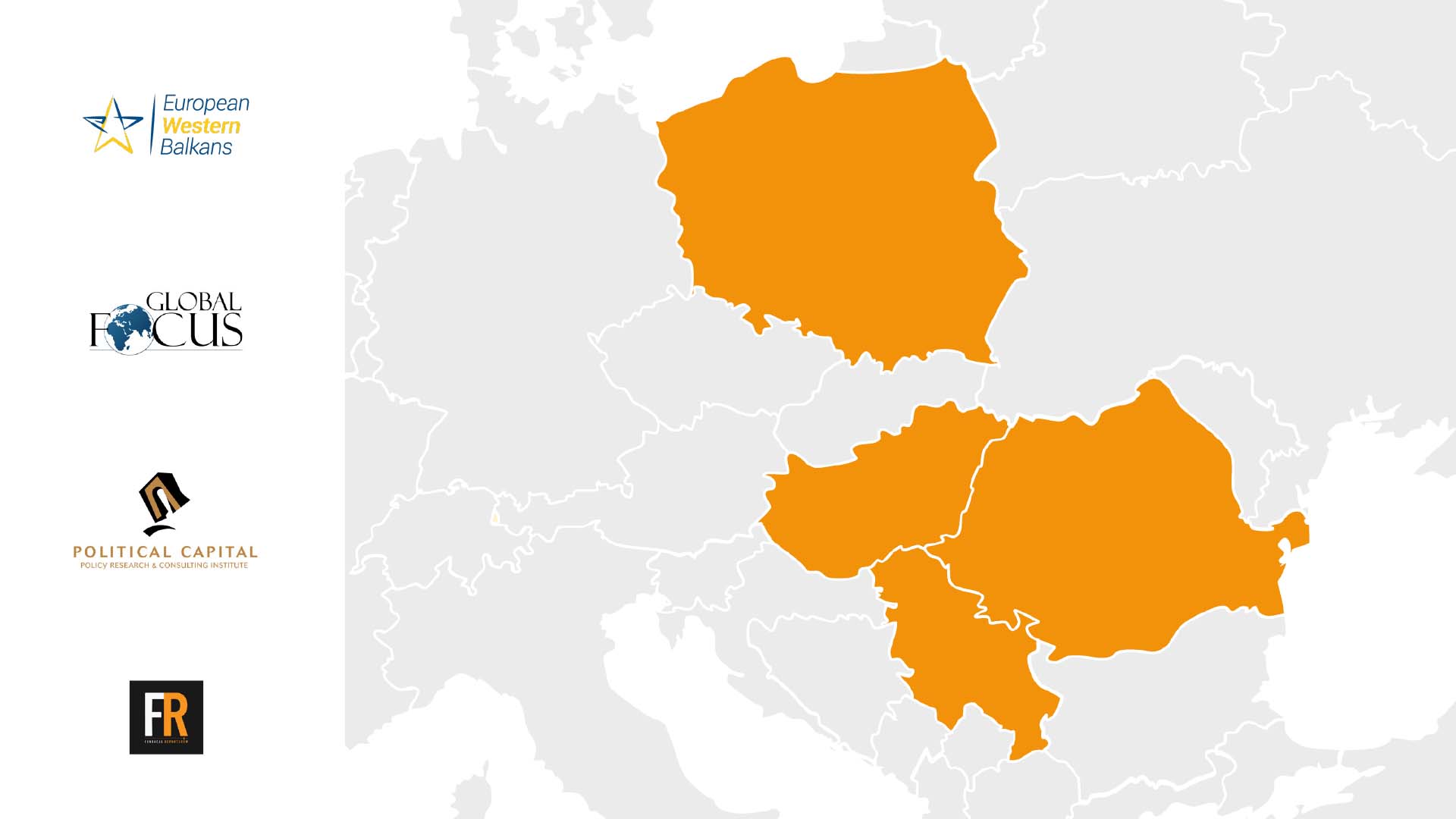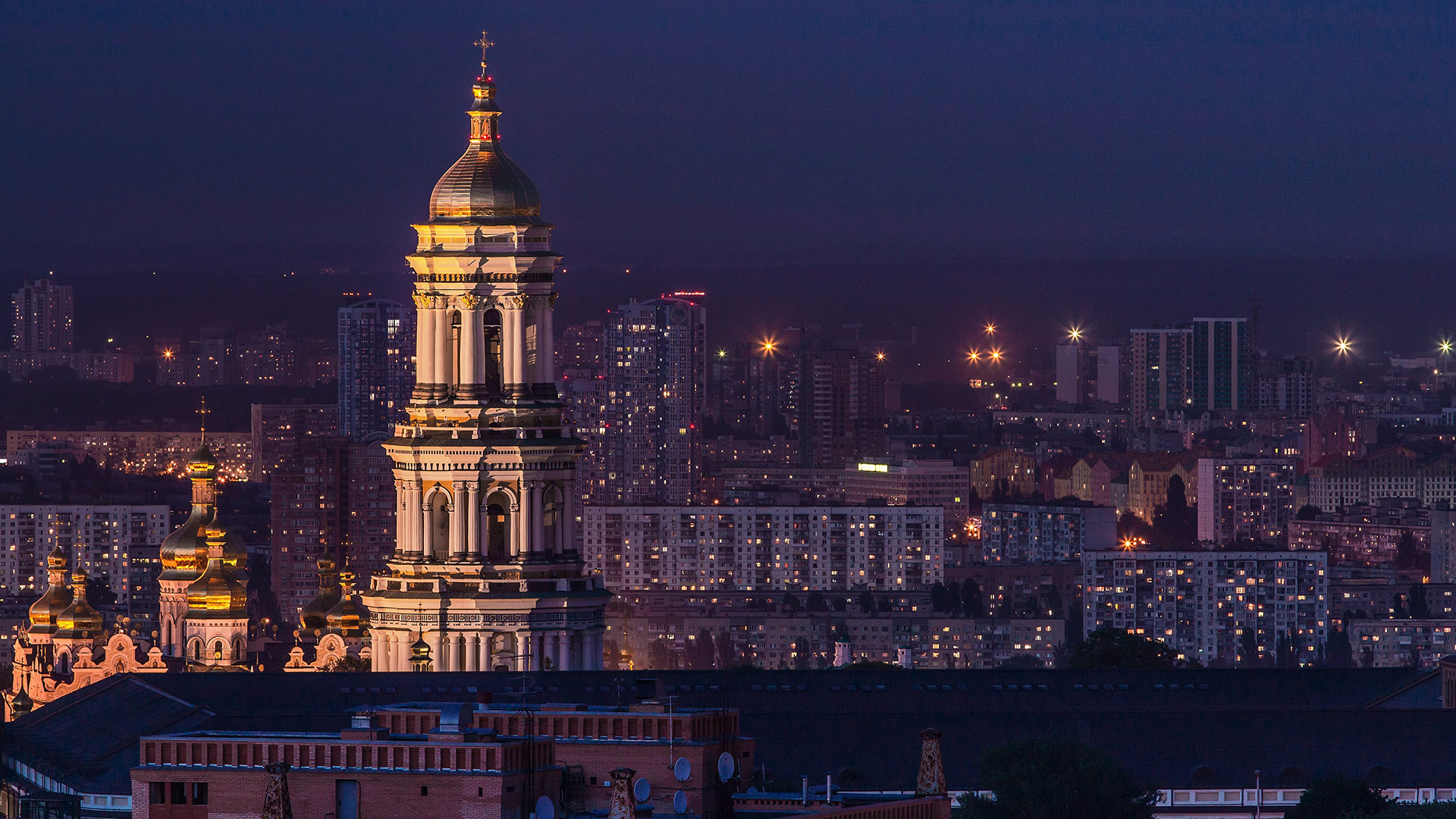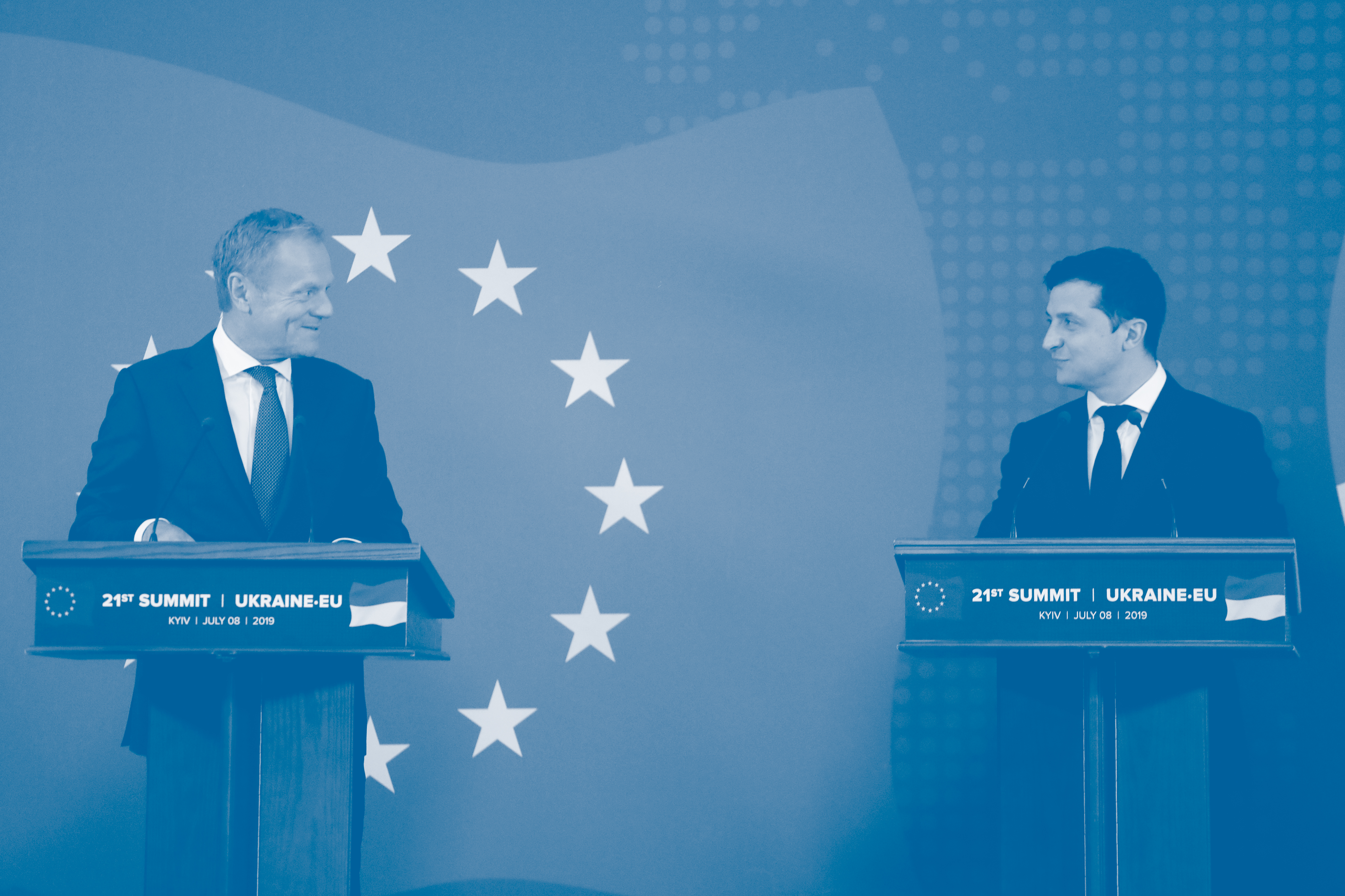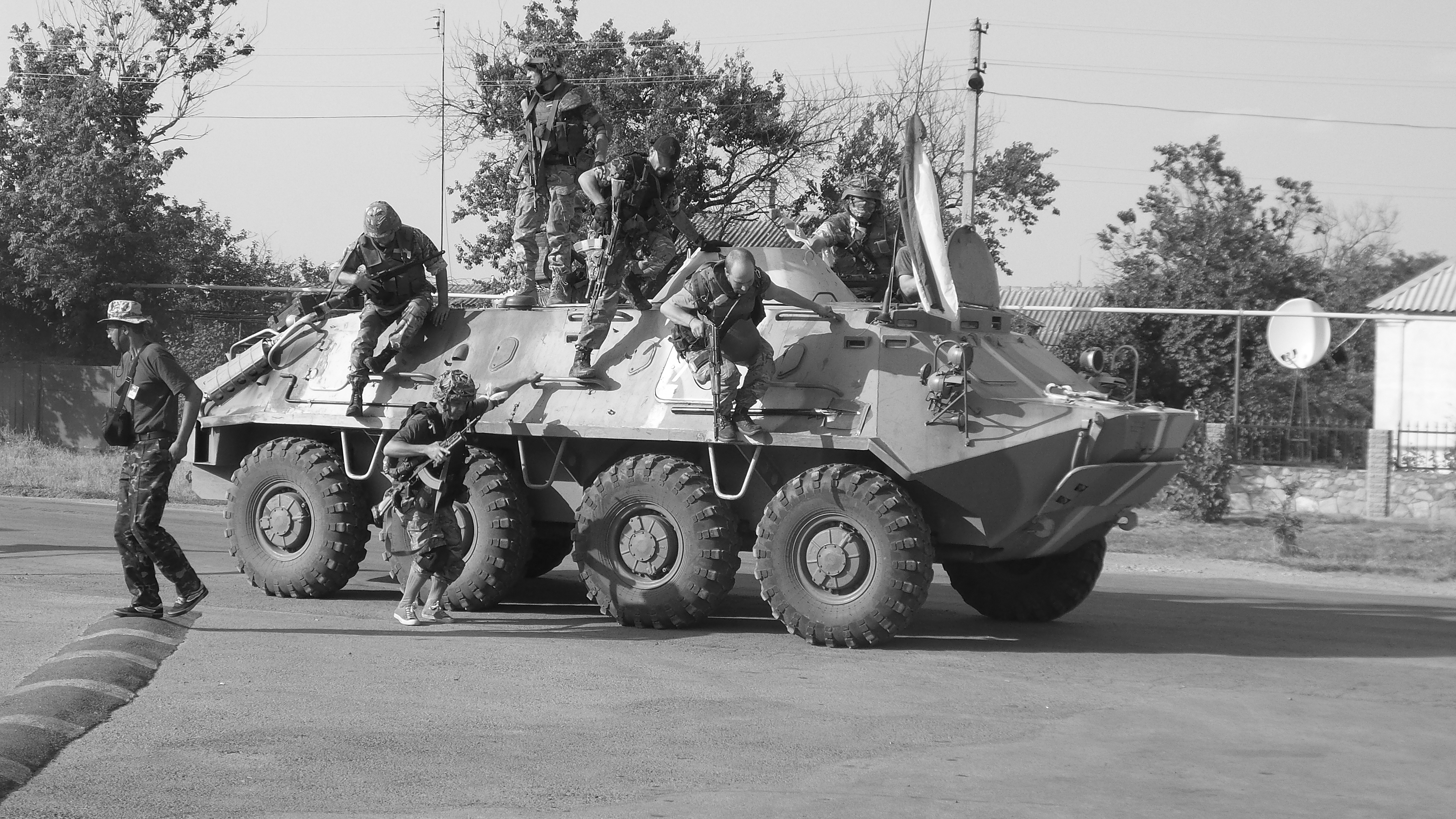Russia’s war against Ukraine has opened a brand-new front for disinformation and influence operations.

Russia’s war against Ukraine has opened a brand-new front for disinformation and influence operations. A major influx of refugees in neighbouring countries is creating avenues for exploitation of local nationalism, xenophobia and anti-Western narratives, already on the rise. GlobalFocus Center (Romania) has partnered with Political Capital (Hungary) European Western Balkans (Serbia) and Reporters’ Foundation (Poland), in a joint effort to check out how Ukraine-related disinformation is reflected and used within the far-right, ultra-nationalist and extremist communities to advance goals consistent with Russian interests.


By Andreas Umland | Kiev
Many political experts both in and outside Ukraine have reacted negatively or very negatively to the meteoric political rise of Ukrainian comedian Volodymyr Zelensky. Indeed, Zelensky’s presidency could prove problematic in various ways. His 2019-2024 term as Ukraine’s head of state may prove to be an even more ambivalent enterprise than those of the other two top contenders in this year’s presidential elections, the opposition leader Yulia Tymoshenko and the former president Petro Poroshenko, would have been. Still, for all the apt scepticism, there is also – as in the case of certain positive aspects of Tymoshenko’s and Poroshenko’s unsuccessful bids for president – a bright side to Zelensky’s victory. One can identify at least three major risky or negative, but also three relatively encouraging dimensions of his rule.

By Mykola Kapitonenko | Kiev
In the pre-election rhetoric used by all the front-runners in Ukraine’s presidential campaign, issues of national security and foreign policy ranked high. The conflict – referred to by many as ‘war’ – with Russia, the question of annexed Crimea, aspirations for NATO and EU membership, became topics of specific concern and points for emotional political discussions. The overwhelming majority of presidential candidates – there were 39 on the list in total – highlighted the restoration of the country’s territorial integrity and moving closer to EU and NATO membership as their foreign and national security policy priorities.
